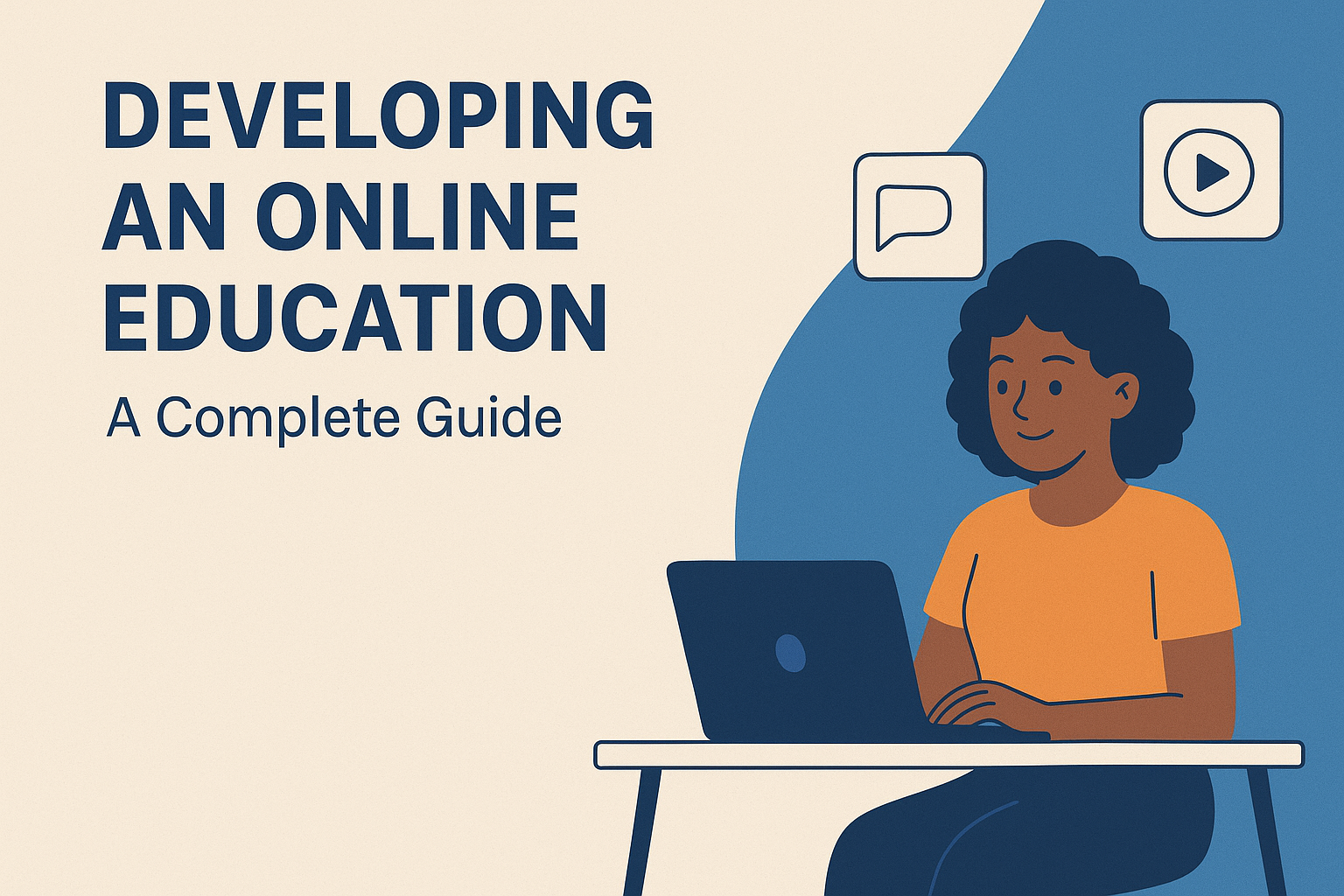
It is more valuable to learn from the mistakes made than from the successes achieved.
All entrepreneurs have always liked to read about the entrepreneurship tips, advice and habits of successful entrepreneurs such as Rockefeller , Bill Gates , Jeff Bezos , Elon Musk , Henry Ford , among many more, and of course we began to have a certain passion for fill ourselves with inspirational books either to encourage us to take that great step of doing our business, or to not lose heart during the attempt.
However, in the magnificent journey of entrepreneurship it is also important to know and learn from the errors that occur throughout the process; Errors, which can help us to have another perspective and give us other types of teachings that may be appropriate to try not to fall into them, or at least keep them in mind when starting or advancing in our endeavor.
For this reason, I want to share some personal lessons that this wonderful journey as an entrepreneur has left me:
1. Get involved in a business idea without knowledge

Image: Depositphotos.com
As wonderful and easy as the idea or the venture may be, it is important to know in depth about all the factors, areas, resources and risks involved in the venture. Not knowing in a comprehensive way how the business operates can have serious consequences and can affect the growth of the enterprise, teamwork and the fulfillment of commitments. In an undertaking where most of the time we are the “Toderos” constant and comprehensive learning becomes essential to understand all movements and understand what activities add or detract value.
2. Divide responsibilities

Image: Depositphotos.com
If you have a partner (s) friend, family partner (s) or even better if the partner is your partner, it is very important to divide and clarify the role that each one will occupy in the venture, what the responsibilities will be, how the form will be to yield results and how often they will meet to make decisions. With or without salary, it must be made clear that undertakings are not made to generate losses and how such the importance of generating and measuring those results should be established.
It seems that it was logical and too easy, but it is not, and it becomes more difficult when you let yourself move forward by becoming a time bomb, there will be moments of “wanting to be right” or of “making decisions without consensus” those moments, which can make the environment tense, damage relationships, and worse, destroy entrepreneurship.
3. “Shoemaker to his shoes”

Image: Depositphotos.com
Both businesses and people must be in the right chair, doing what they know and love to do otherwise the venture will suffer. Specializing in one link in the chain may be a better decision than trying to do it all. Let’s take an example: if my specialty and that of my team is selling, we love to sell !, so that we get involved in the production or elaboration part of the product. The same would happen, on the contrary, if my passion is to produce, but I do not have the ability to commercialize, so I am looking to commercialize. If this is your case, the best thing is to outsource some of the processes, work as a team and in association helping both sides without wearing down the work team or yourself.
4. One step at a time!

Image: Depositphotos.com
You do not walk with both feet at the same time, you take one step and then the other comes, but it is because understanding this is very difficult when you start because we are filled with a lot of anxiety, at times there are fears that things will not happen. As planned, we fear failure, panic to look bad and all this fills our heads making us want to get things done faster than a normal process takes. Skipping steps is not the way, running is not the first thing we learn to do when we are little. Don’t forget! It is the same thing that happens with an enterprise.
5. Calm

Image: Depositphotos.com
Despair and lack of calm attract more misfortune, if we do a very simple exercise at home you will surely understand it better. I take myself as an example, when I am anxious and I have the clock against everything it becomes chaos, I try to put my pants on very quickly and my mind is saying that I was late, my feet get tangled, I put my pants backwards , I have to take it off and put it back on, it hurt me out of that when serving the coffee the whole kitchen breaks down, I forget the keys and I close the door so hard that the whole building listened and got upset. Although it is a very superficial example we can visualize that the lack of control destroys and hurts; I got hurt when I got dressed, the kitchen was a mess, I increased the problem by leaving the keys and also annoyed the neighbors with the noise of the door. The same thing happens when we lose control and let ourselves be carried away by despair with our endeavors, it is easy to say and perhaps not to do. The Mind with reason, and the Soul with our internal connection of faith, two components that must be united for decision-making, maintaining calm, clarity and coherence.
6. Establish strict limits on indebtedness

Image: Depositphotos.com
When you start a business, expenses abound and income is slow, depending on the type of business, some take longer than others, so fixed expenses become a frightening shadow for many entrepreneurs. And that is where we start to get into debt to cover fixed expenses, but suddenly, without realizing it, we take on the debts to cover other debts “uncover holes to cover others.” Establishing the limits against the integral capacity of the entrepreneurship and partners is essential, even if a “Stop” must be made on the way to find the balance, otherwise everything will become an impossible disaster to save, affecting mental and emotional health.
7. Don’t go blind before the signs

Image: Depositphotos.com
Life continually gives us signals, placing key people or activities in the way, so it is important to interpret and then analyze them. Everything happens for a reason, these signals can close doors to avoid mistakes or open them to take a bigger step and take advantage of opportunities. Always remember that behind a No there is a big Yes.















